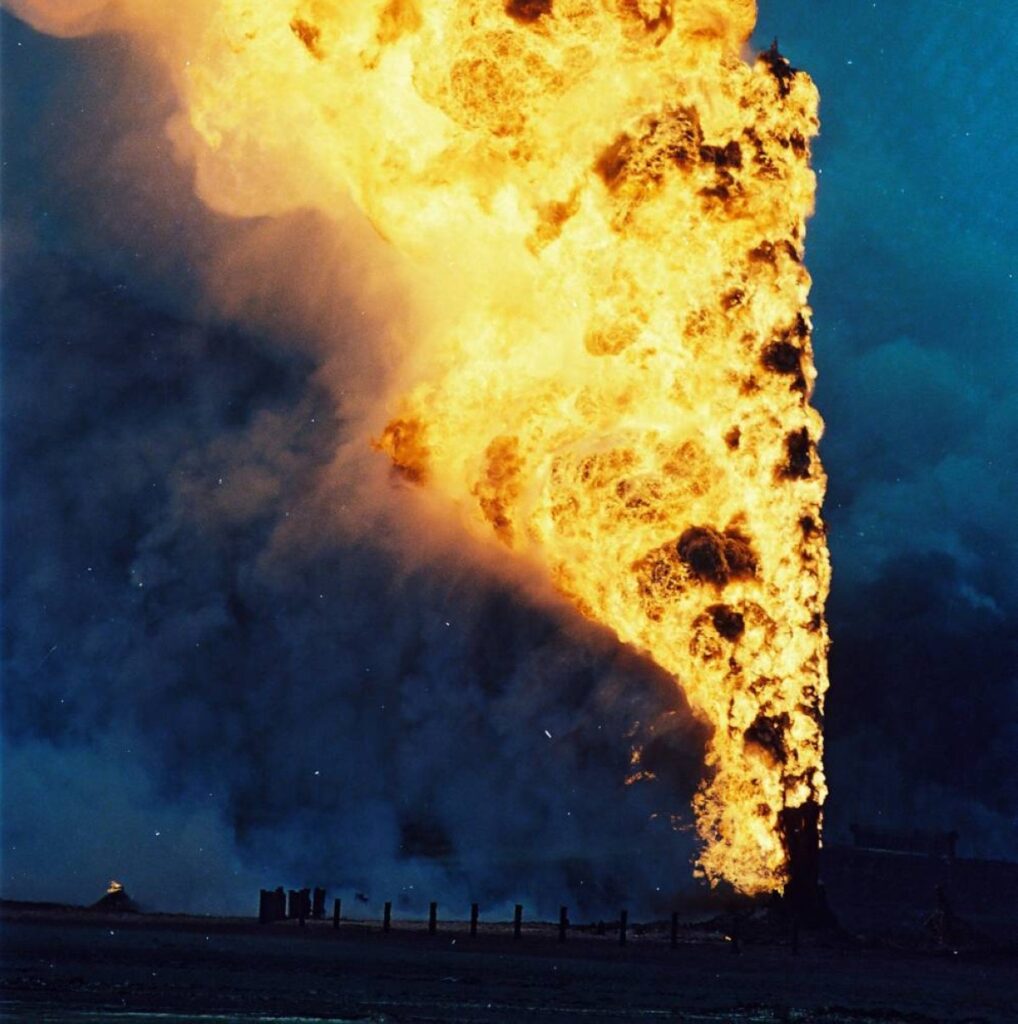KUWAIT: Kuwait is marking the International Day for Preventing the Exploitation of the Environment in War and Armed Conflict, observed annually on November 6, to highlight the destructive impact of wars on the natural environment. The United Nations General Assembly designated the day following a proposal by Kuwait in 2001. The initiative aims to draw attention to the catastrophic consequences of environmental damage during conflicts.
Kuwait’s proposal followed the environmental disaster caused by the 1990-1991 Iraqi invasion, during which retreating forces set fire to around 737 oil wells, leaving one of the world’s worst environmental crises. The UN General Assembly adopted Resolution 56/4, naming the day as a reminder that protecting the environment is a shared responsibility, even during times of conflict. November 6 was chosen to mark the day when the last oil well set ablaze by Iraqi forces was extinguished after massive national efforts. The operation to extinguish the fires became a symbol of national unity. Kuwaitis, alongside international experts, worked together completing a task initially expected to take at least three years, in record time.
Kuwait continues to emphasize environmental protection during conflicts. After the liberation of Kuwait in 1991, the late Amir Sheikh Jaber Al-Ahmad Al-Jaber Al-Sabah stressed at the 1992 Earth Summit in Rio de Janeiro the need to rebuild Kuwait’s environment and urged the international community to consider deliberate environmental destruction a crime against humanity.
In 2002, the late Amir, then Deputy Prime Minister and Foreign Minister Sheikh Sabah Al-Ahmad Al-Jaber Al-Sabah, expressed Kuwait’s appreciation for the UN adopting the day, calling it “a victory over forces of evil and aggression” and highlighting the global duty to preserve a safe and pollution-free environment for future generations.
Kuwait has continued international efforts, including a 2018 initiative at the UN Security Council on the impact of armed conflicts on the environment, stressing the severe consequences of environmental harm in wars. Annually, Kuwait organizes events including exhibitions and lectures to raise awareness of the environmental damage caused by conflicts. A statement by the Ministry of Foreign Affairs last year emphasized that protecting the environment is “a key pillar for peace and sustainable development” and reiterated Kuwait’s support for UN and international initiatives addressing environmental challenges.
Experts note that while human casualties and destruction of infrastructure are often counted in wars, environmental damage remains an underreported consequence. Historical experience shows that conflicts can severely affect soil, water, air, and ecosystems, undermining sustainable development, food security and human health. A 2023 report by the Institute for Economics and Peace noted that 97 countries were involved in 56 conflicts, costing the global economy approximately $19 trillion and displacing around 95 million people. — KUNA

